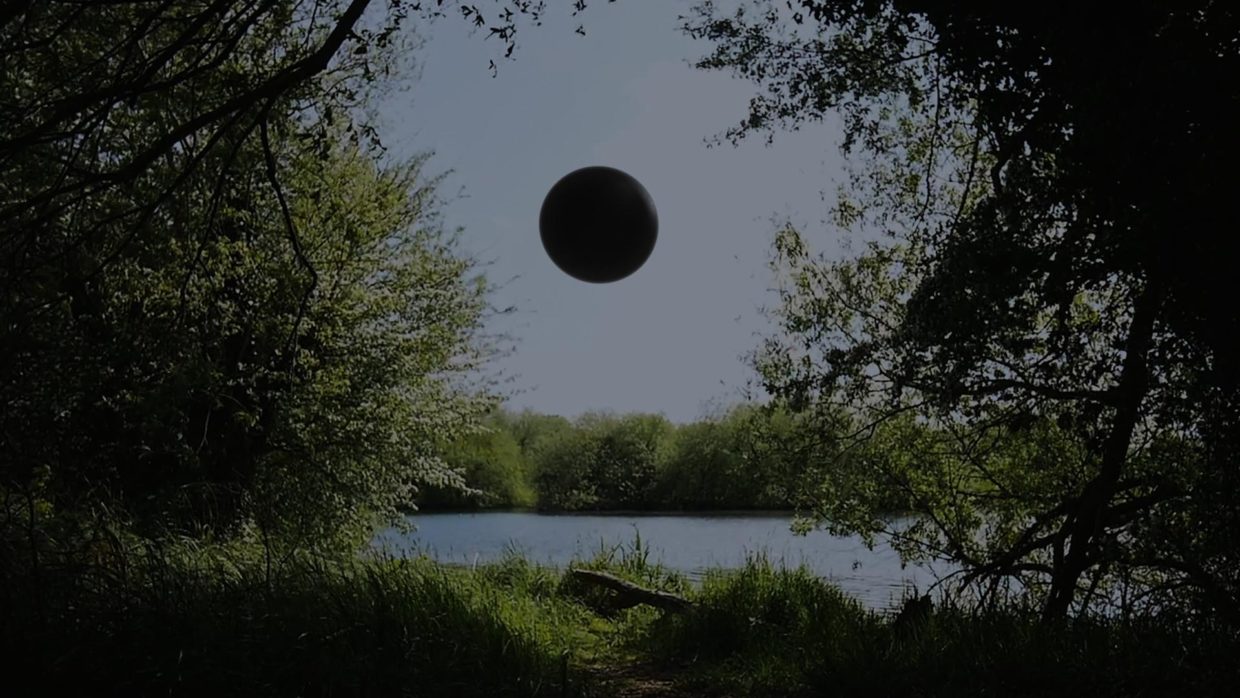At Literary Hub, novelist and critic Elvia Wilk sketches a theory of the “New Weird,” a genre of fiction that’s not quite sci-fi, not quite fantasy. Based on the notion of “weird” offered by Mark Fisher in his book The Weird and the Eerie, Wilk’s theory concerns fiction that uses unexplained events and strange occurrences to de-naturalize our sense of reality. These events suggest that there is far more to reality than we can explain or comprehend. To explore this alienating effect, Wilk traces a common motif that appears in multiple New Weird stories: “The fantasy of woman-becoming-plant.” Check out an excerpt below.
Weirdness is a confrontation with the nonhuman. Weird knowledge does not deny the capacity of the human mind and body to produce knowledge, but it does not reduce the world to human subject experience either. Unlike science fiction—in which there is a rational explanation for everything—and fantasy—where magic explains it all—weirdness hovers between poles of explainability.
This makes New Weird something of an anti-genre, a genre whose uniting factor is paradoxically in remaining outside categorization. Yet it’s been given a semblance of cohesion, according to a shared set of aesthetic sensibilities, by Ann and Jeff VanderMeer, in the 2008 anthology The New Weird (and another simply called The Weird in 2012). VanderMeer is also author of the very weird Southern Reach trilogy, the first book of which, Annihilation (2014), involves a woman-becoming-nonhuman. In the book, a team of women enter a mysterious zone known as Area X, where an eerie nonhuman agent seems to be taking over or “infecting” the landscape. The narrator, a biologist, at first tries to examine the plantlife of Area X to explain what is happening around them, but eventually her own sense perception becomes warped by the environment she is herself becoming part of—she inhales the spores of an organism she is studying, which affect her perception. She’s forced to admit that she can no longer claim status as a detached observer; she has become an unreliable narrator by dint of becoming part of the ecosystem she is observing.
Image: Rachel Rose, Enclosure (2019). Via Literary Hub.
